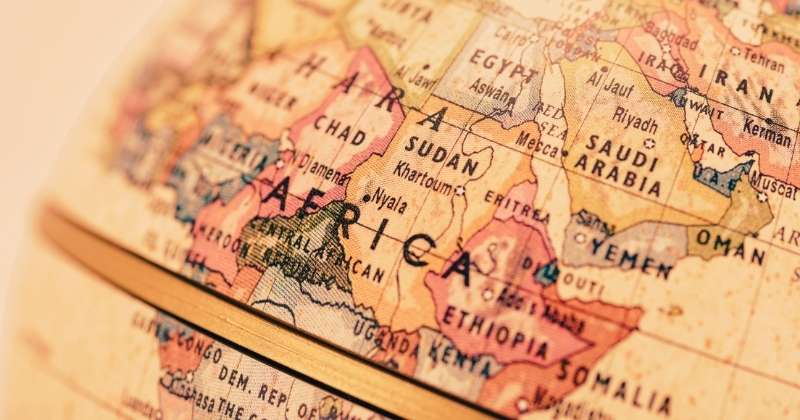
Africa has a long and complex historical legacy, with several of its nations tracing their roots back to some of the earliest known civilisations. Many of these countries have played a crucial role in shaping the continent’s heritage, each following a distinct path towards self-governance. Spanning from ancient empires to contemporary nations, their histories reflect endurance, adaptability, and significant change over time.
Key Takeaways
- Catalyst for Decolonisation: Early African independence movements, led by countries like Ghana, Tunisia, and Guinea, inspired other nations to seek sovereignty and increased pressure on colonial powers to withdraw.
- Independence Over Ancient History: The ranking of Africa’s oldest nations is based on official independence dates rather than ancient civilisations, focusing on the transition from colonial rule to modern nation-states.
- Enduring Influence: Many of Africa’s oldest independent nations, such as South Africa, Morocco, and Ghana, have played a crucial role in shaping regional politics, economic development, and cultural identity.
About Arcadia Finance
Easily Obtain Your Loan with Arcadia Finance – Skip the hassle with zero application fees and access a network of 19 trusted lenders, all fully accredited by South Africa’s National Credit Regulator. Enjoy a seamless process with reliable financial solutions designed for you.
Criteria for Ranking the Oldest African Countries
Determining the oldest African countries requires a clear and structured approach, considering multiple historical and political factors. For the purpose of this ranking, the focus is on the official independence dates of modern African nation-states, marking their formal recognition as sovereign entities. While many African territories have histories stretching back thousands of years, the establishment of independent states in the modern political sense is primarily tied to the end of colonial rule.
The definition of “oldest” in this context refers to nations that regained sovereignty earliest in the 20th century, either through direct independence or political agreements that established their autonomy. Some countries, such as Ethiopia, were never formally colonised but experienced foreign occupations, which necessitates a broader perspective when considering their historical continuity.
In ranking these nations, two primary criteria were considered: the official independence date as recognised by international bodies and the country’s historical statehood. Independence from European colonial powers such as Britain, France, Portugal, and Belgium marks a clear legal and political milestone. Additionally, the continuity of historical governance structures, as seen in long-standing monarchies or republics that predate colonial intervention, adds another layer of significance to the ranking.
While some of Africa’s oldest nations have rich histories, many have struggled with economic instability. Some of them even rank among the poorest countries in the world, facing challenges such as low GDP, high debt, and slow development. Despite this, their cultural heritage and resilience shine through.
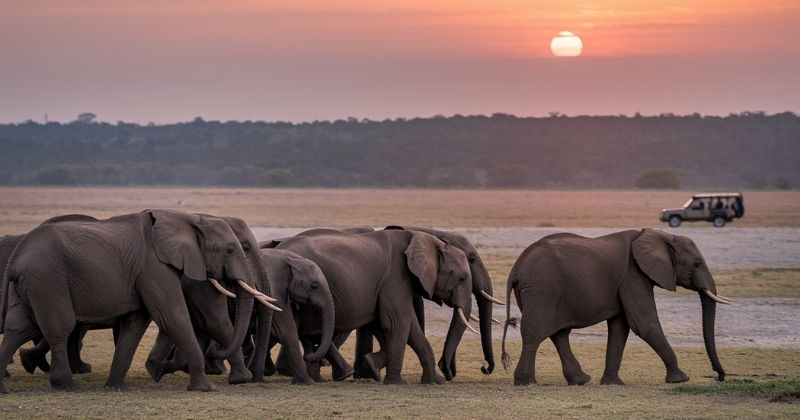
Significance of Early African Independence
The early independence of African nations reshaped the continent’s political landscape, acting as both a symbol of resistance and a catalyst for further decolonisation. Countries like Ghana, Tunisia, and Guinea led the way, proving self-rule was achievable and inspiring liberation movements across Africa. Their success intensified pressure on colonial powers, accelerating the collapse of European rule.
Ghana’s independence in 1957 directly influenced West African nations, while Tunisia’s in 1956 strengthened anti-colonial efforts in North Africa. Leaders such as Kwame Nkrumah actively supported regional liberation movements, promoting Pan-Africanism as a unifying force. These early independent states laid the foundation for Africa’s political and economic self-determination, despite challenges like political instability and economic dependence.
The Top 10 Oldest Countries in Africa

Liberia
Liberia gained independence on 26 July 1847, making it the oldest republic on the African continent. Originally established in 1822 as a settlement for freed African Americans, the country was founded with the support of the American Colonisation Society. Its capital, Monrovia, was named in honour of U.S. President James Monroe, reflecting its historical ties to the United States. Upon gaining sovereignty, Joseph Jenkins Roberts became Liberia’s first president in 1848, marking the beginning of its self-governance. The country’s early economy was shaped by the agricultural and trade activities of both the freed settlers and local indigenous communities, with rubber production becoming a key industry in later years.
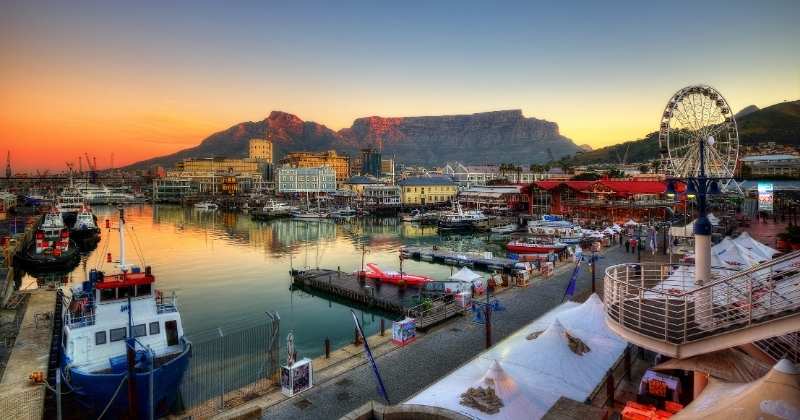
South Africa
South Africa became an independent nation on 31 May 1910, when it was unified as the Union of South Africa under British dominion. The country’s governmental and administrative framework was unique, with three capital cities: Pretoria serving as the administrative capital, Cape Town as the legislative capital, and Bloemfontein as the judicial capital. Despite its independence, South Africa was heavily marked by apartheid, a system of institutionalised racial segregation that lasted until 1994, when democratic elections were held, and Nelson Mandela became the first black president. Today, South Africa is recognised for its rich cultural diversity, vast natural resources, and major urban centres such as Cape Town, Johannesburg, and Durban, which contribute to its position as one of Africa’s largest economies.
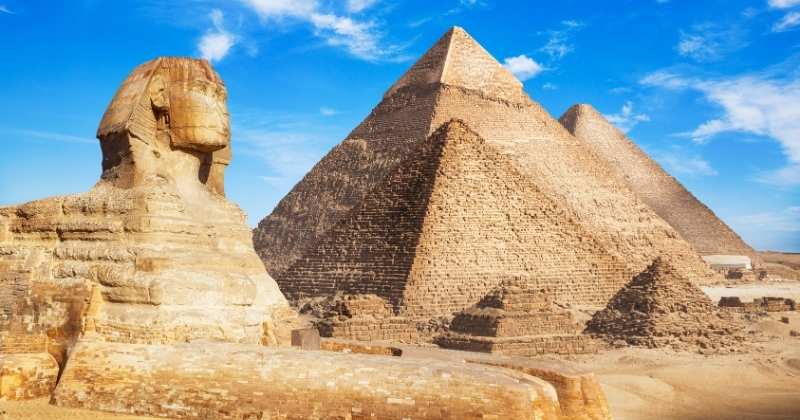
Egypt
Egypt formally ended British colonial rule on 28 February 1922, marking the establishment of an independent state. Despite gaining sovereignty, the country retained a monarchical system until 1956, when it transitioned into a republic. Its capital, Cairo, has long been a centre of political and cultural influence, reflecting Egypt’s extensive historical legacy. Renowned for its ancient wonders, including the Pyramids of Giza, Egypt has played a pivotal role in shaping modern Arab affairs. This influence was particularly pronounced under President Gamal Abdel Nasser, who led the nation through significant political and economic transformations during the mid-20th century.
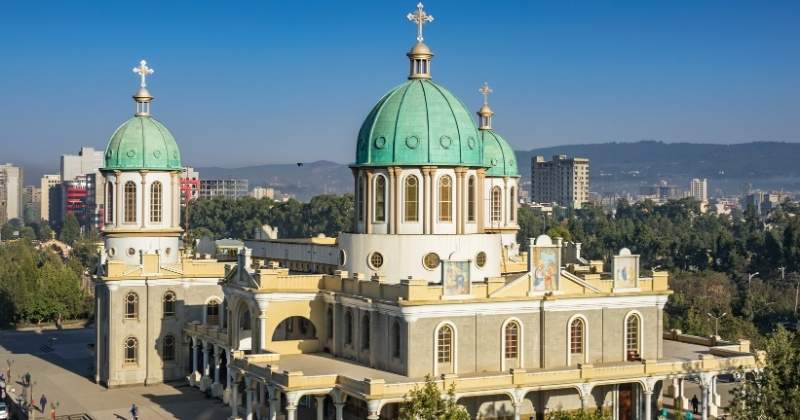
Ethiopia
Ethiopia, with its capital in Addis Ababa, holds a unique place in African history as one of the few nations that successfully resisted full colonisation. Although Italy occupied Ethiopia between 1936 and 1941, the country regained full sovereignty on 5 May 1941, following the defeat of Italian forces. Ethiopia’s rich heritage is deeply intertwined with ancient traditions and Orthodox Christianity, which continue to shape its national identity. As one of East Africa’s most historically significant nations, Ethiopia remains an influential political and economic centre on the continent.
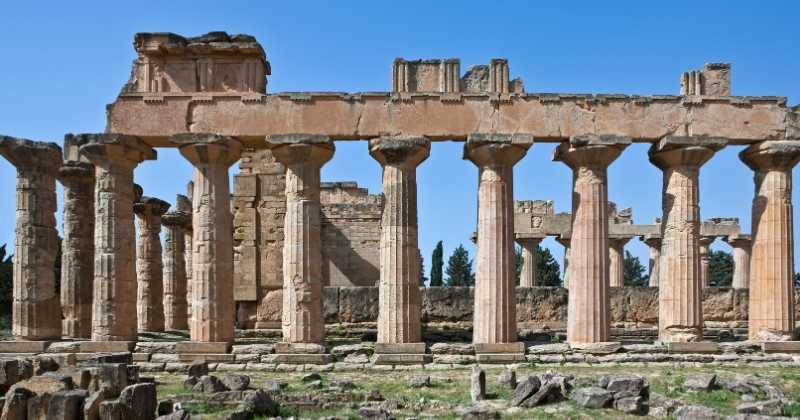
Libya
Libya became an independent nation on 24 December 1951, following the end of British administration. The country’s capital, Tripoli, has long served as a key commercial hub in North Africa due to its strategic location along the Mediterranean. In its early years, Libya functioned under a constitutional monarchy, but its political landscape shifted dramatically with the rise of Muammar Gaddafi in 1969, who led the country until 2011. Libya possesses some of the largest oil reserves in Africa, making it a significant player in the global energy market.
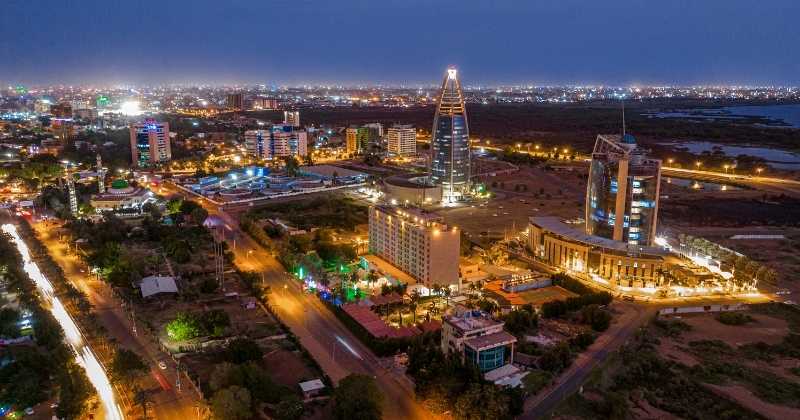
Sudan
Sudan officially attained independence on 1 January 1956, emerging as one of Africa’s largest countries by land area. Its capital, Khartoum, lies at the confluence of the Blue and White Nile, historically serving as a key centre of trade and governance. Since independence, Sudan has experienced prolonged internal conflicts, particularly between its northern and southern regions, culminating in the secession of South Sudan in 2011. Despite its challenges, Sudan remains a culturally diverse country, home to numerous ethnic and linguistic groups, though it continues to grapple with political instability and economic difficulties.
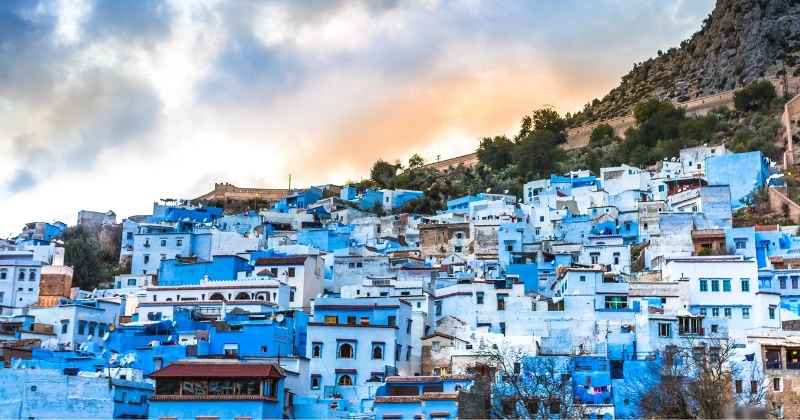
Morocco
Morocco achieved independence on 2 March 1956, following years of resistance against French and Spanish colonial rule. Situated in Northwest Africa, Morocco has a rich history shaped by Berber, Arab, and European influences. Its capital, Rabat, blends ancient architecture with modern urban development, reflecting the country’s deep historical roots and contemporary ambitions. Morocco transitioned into a constitutional monarchy, with the ruling dynasty maintaining significant influence over political and social affairs. The country plays a crucial role in both African and Arab regional politics, actively engaging in diplomatic and economic partnerships across the continent and beyond.
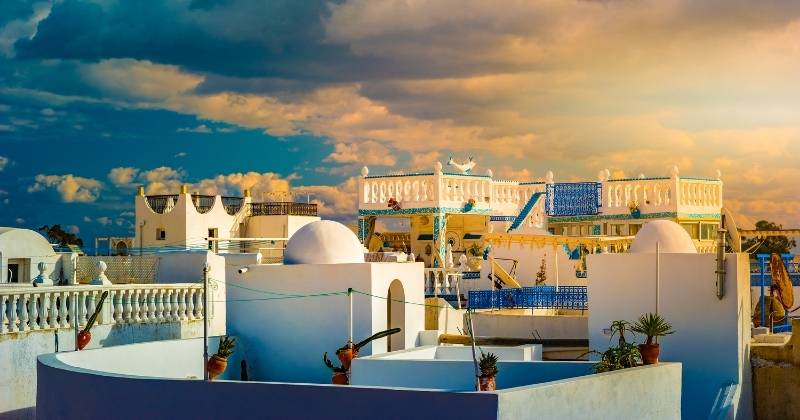
Tunisia
On 20 March 1956, Tunisia achieved independence from French colonial rule, marking a significant milestone in its history. The capital city, Tunis, showcases a unique blend of contemporary development and historical influences, reflecting the country’s deep-rooted past. Following independence, the government pursued nationalisation policies aimed at expanding economic opportunities and ensuring broader access to essential resources for its citizens. Tunisia is widely recognised for its Carthaginian heritage, which dates back to ancient civilisations, as well as its picturesque Mediterranean coastline, making it a country of both historical and geographical significance.
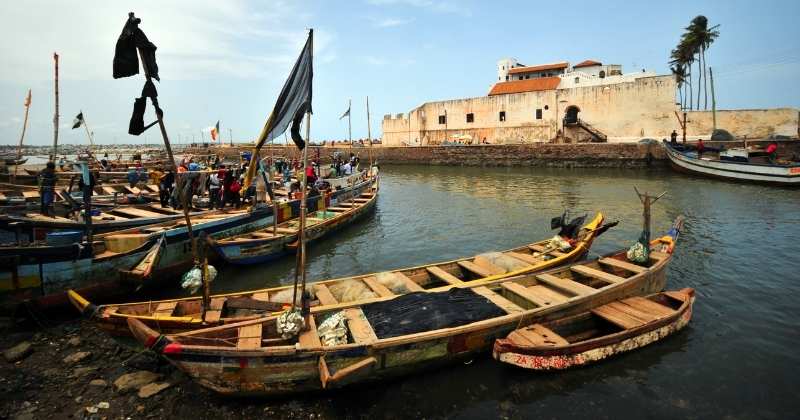
Ghana
On 6 March 1957, Ghana became the first nation in sub-Saharan Africa to achieve independence from colonial rule, setting a precedent for other African nations seeking self-governance. The capital city, Accra, serves as the political and economic heart of the country, driving its progress in various sectors. Ghana has gained international recognition for its cocoa production, which plays a vital role in the global chocolate industry, as well as its rich cultural heritage that reflects the traditions of its diverse ethnic groups. Over the years, Ghana has maintained a reputation for political stability and sustained economic growth, positioning itself as a key player in West Africa’s development.
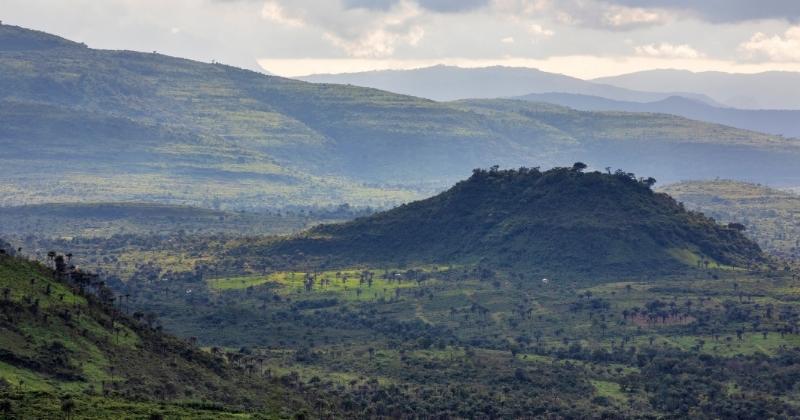
Guinea
On 2 October 1958, Guinea formally ended French colonial rule, asserting its sovereignty and embarking on a path of self-determination. The capital city, Conakry, stands as a centre of cultural and historical significance, reflecting the resilience and identity of the Guinean people. Despite facing economic and political challenges since gaining independence, Guinea remains known for its stunning natural landscapes, deep-rooted cultural traditions, and abundant natural resources, particularly in mining and agriculture, which form the backbone of its economy.
While some African nations struggle with economic challenges, others have made strides in wealth accumulation. Interestingly, a few even feature among the richest countries in the world. Their economic success is fueled by resources, strategic policies, and international trade.
Conclusion
The independence of Africa’s oldest nations marked a turning point in the continent’s history, laying the foundation for political self-determination and economic development. Countries like Ghana, Tunisia, and Guinea led the way, proving that self-rule was possible and inspiring widespread decolonisation. While challenges such as political instability and economic struggles persisted, these nations played a crucial role in shaping modern Africa. Their independence not only influenced regional governance but also strengthened Pan-Africanism, fostering a sense of unity across the continent. Today, their historical journeys continue to serve as reminders of resilience, adaptation, and the ongoing pursuit of progress.
Frequently Asked Questions
Liberia, which officially gained independence on 26 July 1847, holds the distinction of being the oldest modern African republic. Established as a settlement for freed African Americans, it was founded with support from the American Colonisation Society.
Ethiopia is one of the few African nations that was never fully colonised by a European power. Although it faced Italian occupation from 1936 to 1941, it successfully resisted foreign domination and maintained its sovereignty. This makes Ethiopia unique as a continuously independent state with a history of self-rule that predates the colonial era.
The independence of countries like Ghana (1957) and Tunisia (1956) was a turning point that motivated other African nations to pursue self-rule. Their success proved that independence was achievable and intensified anti-colonial movements across the continent. As more nations sought liberation, European powers faced growing pressure to grant independence, leading to the gradual dismantling of colonial rule.
Pan-Africanism emphasised unity and solidarity among African nations, encouraging a collective struggle against colonial rule. Leaders such as Kwame Nkrumah in Ghana and Julius Nyerere in Tanzania championed this ideology, advocating for a politically and economically united Africa.
The ranking is based on official independence dates, marking the formal recognition of sovereignty from colonial rule. While many African nations have histories stretching back thousands of years, the focus of this list is on modern states that regained self-governance in the 20th century.
Fast, uncomplicated, and trustworthy loan comparisons
At Arcadia Finance, you can compare loan offers from multiple lenders with no obligation and free of charge. Get a clear overview of your options and choose the best deal for you.
Fill out our form today to easily compare interest rates from 19 banks and find the right loan for you.




